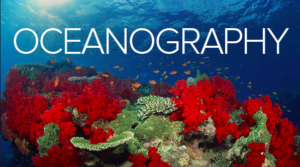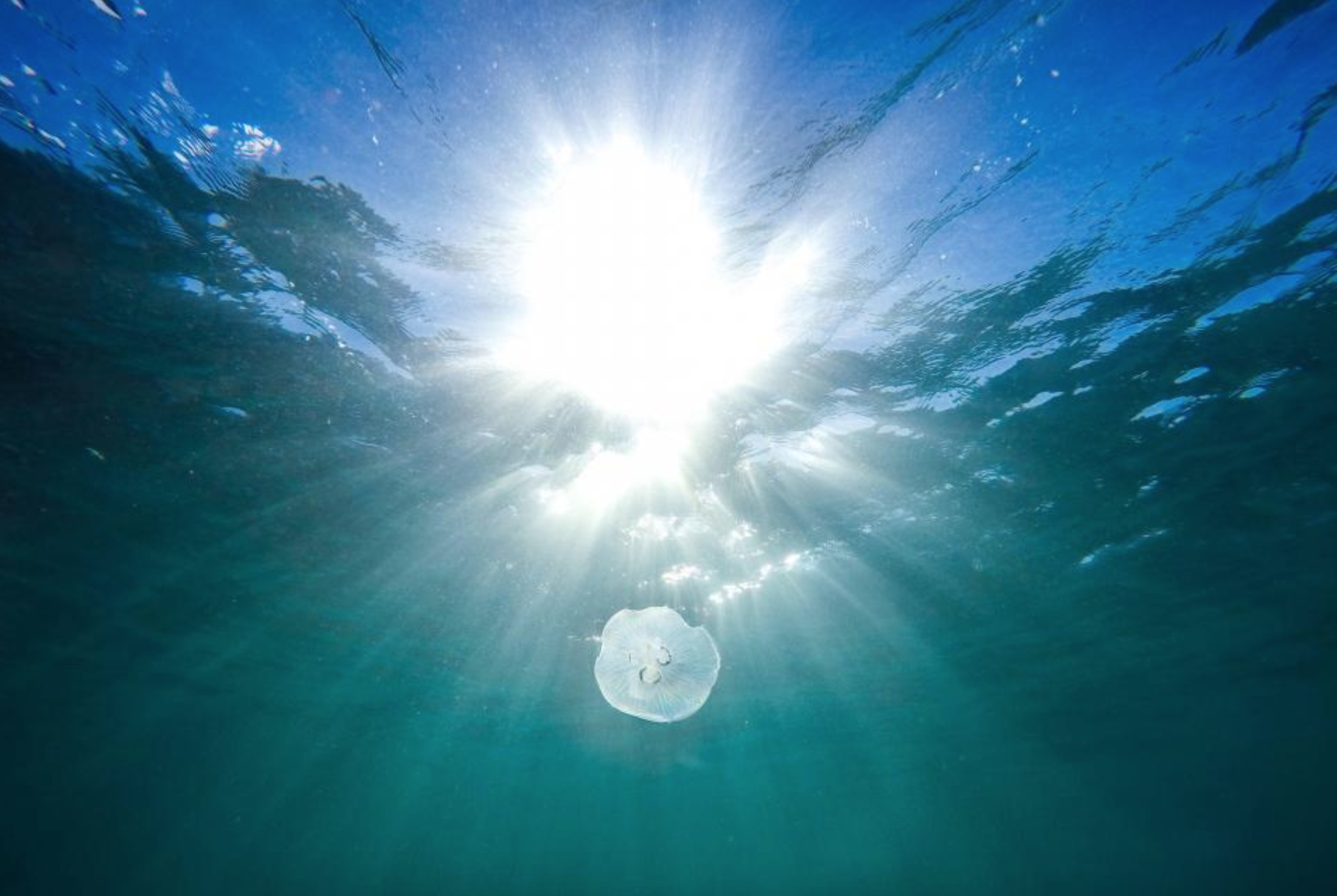As a Marine Biologist and Environmental Scientist, Alistair Economakis is well acquainted with the different fields of oceanography.
What is Oceanography?
Many individuals have come across the term oceanography or oceanology at some point, even if just in high school science class. Most understand that it has to do with the ocean and the marine life within it but it is much more than that. Oceanography is the study of the ocean and all the aspects that make and influence life in the ocean. Oceanographers study the chemistry, biology, geology, meteorology, and physics of the ocean. Below, Alistair Economakis provides some details about the different fields of study that falls under oceanography that he has learned over the years through his research, career, and studies.
Chemical Oceanography
This field of oceanography involves the study of the chemical structure of the ocean. The acidity or alkalinity of the ocean is inspected and oceanographers will try to understand the effects of these elements on ocean life. Sea life and other elements could be severely affected by a slight change in the chemical structure of the ocean.
The chemical structure of the ocean is important as many species, animal and plant alike can live and thrive only in certain conditions. When those conditions change, even slightly, it will make the ocean habitat unlivable for these species.
Marine Geology
In the same way that geologist study the Earth and how it has changed since its formation, marine geologist study the ocean. The marine geologist will focus their research and study on the materials that make up the ocean floor and try to understand the processes that affect the ocean. These studies are not only conducted on the deep ocean floor but also include the shelves and slopes surrounding the continents, as well as the rivers, large lakes, estuaries, and beaches.
Physical Oceanography
As the title implies, this field of oceanography encompasses the study of the physical condition and processes of the ocean. These elements include the tides, eddies, currents, gyres, and waves, as well as erosion on coastal areas. Oceanographers will also study the ocean-atmosphere interactions as this relationship strongly influences our climate.
Marine Ecology
Ocean life is under constant threat from humans. Activities such as industrialization, urbanization, and changes to river flows, as well as overfishing have placed a huge burden on the ocean. Marine ecologists will study all life in the ocean and how they interact with the oceanic environment. Marine ecology does not only focus on animal sea life but on all life that depends on the ocean. Interactions are what is important to the marine ecologist. Interactions between sea life and their environments, and the interactions of humans with the ocean. Check out the work and publications completed by Alistair Economakis on shark aggregations as a study of marine ecology.
The study of the ocean is important as it is vital to sustaining life on earth. For example, a huge percentage of our oxygen comes from the oceans. Should the structure of the ocean change in any way, this could adversely affect our oxygen supply.




